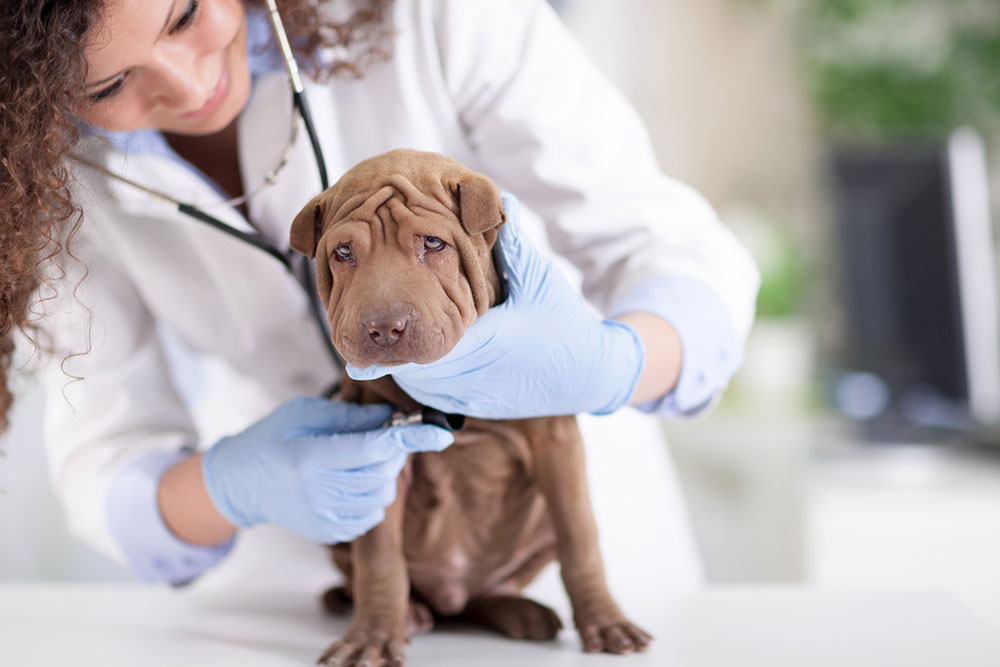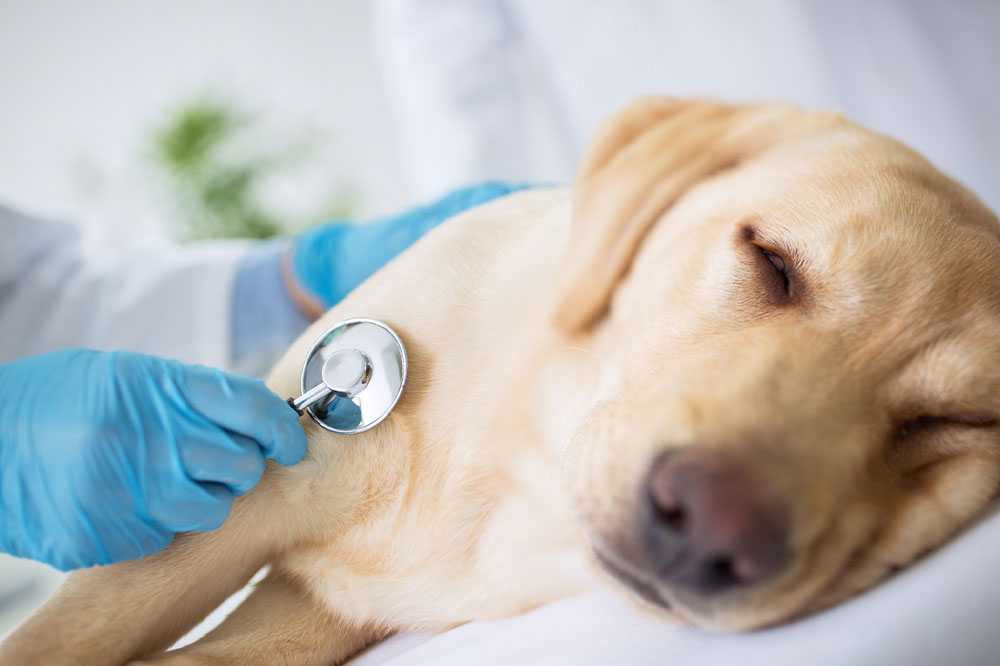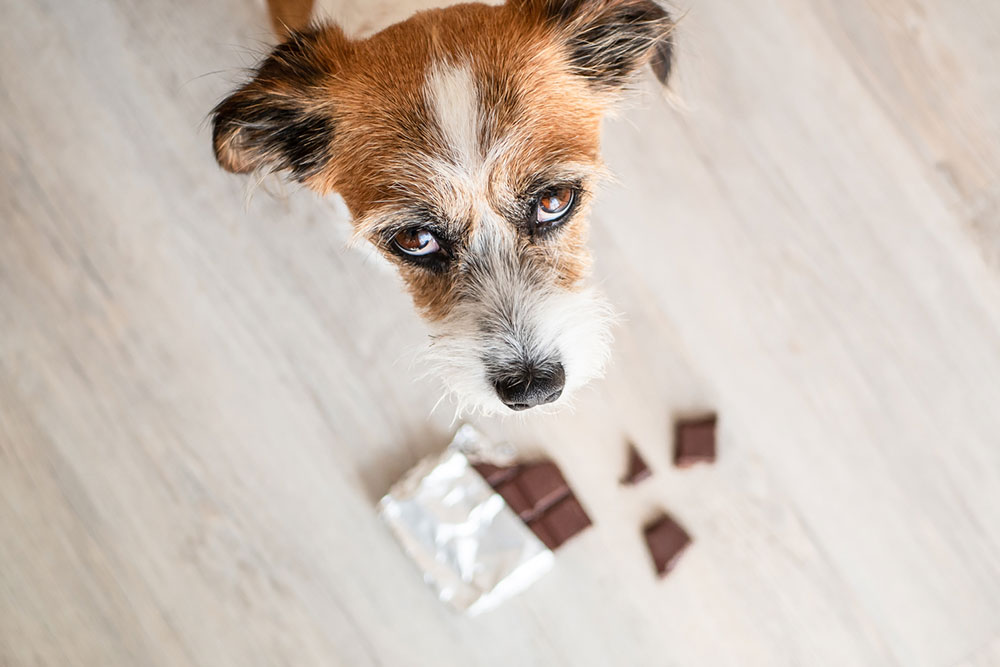How to recognize and care for a sick dog

For dog owners, their four-legged companions are beloved members of their families. It can be distressing to see them unwell, but being vigilant about their health is crucial. Dogs cannot communicate their discomfort verbally; it is essential to look for signs they may be sick. This article explores the common signs that indicate one’s dog may be unwell and guides how to treat them with care and attention to ensure their well-being.
Signs that one’s dog may be sick
- Change in appetite
One of the most evident signs that one’s dog might be sick is a change in their eating habits. A dog that suddenly loses interest in food or water may be suffering from an underlying health issue. On the other hand, an increase in appetite could also be a cause for concern, as it may indicate conditions like diabetes or hormonal imbalances. - Lethargy and weakness
If one’s usually active dog becomes lethargic, appears weak, or seems uninterested in play or exercise, it could be a sign of illness. So, dog parents should keep an eye out for persistent fatigue, as it may indicate infections, organ problems, or other health issues that require attention. - Vomiting and diarrhea
Occasional vomiting or diarrhea can happen for various reasons, including dietary indiscretions.







